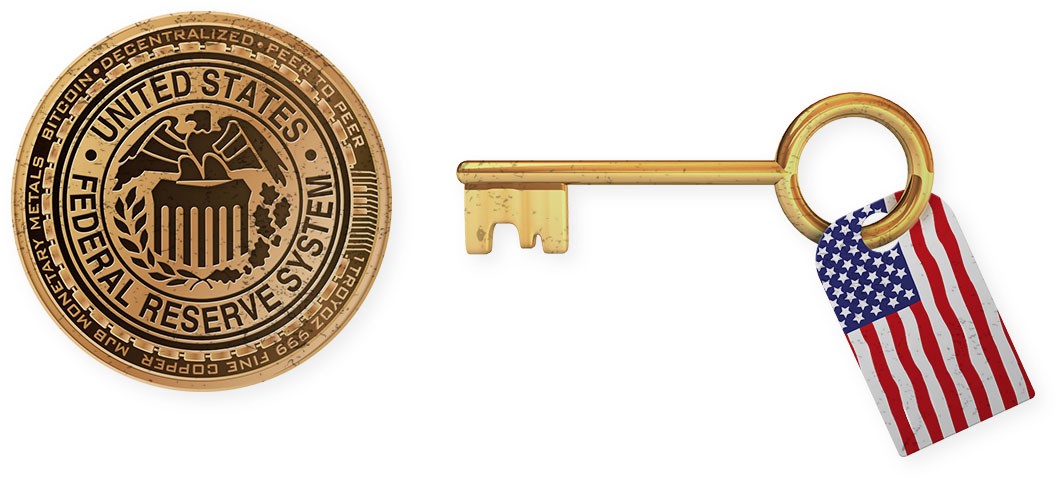PALO ALTO, Calif. (Reuters) - The Federal Reserve is looking at a broad variety of problems around digital payments and currencies, consisting of policy, design and legal factors to consider around possibly issuing its own digital currency, Governor Lael Brainard stated on Wednesday. Brainard's remarks recommend more openness to the possibility of a Fed-issued digital coin than in the past." By transforming payments, digitalization has the potential to provide greater value and convenience at lower expense," Brainard stated at a conference on payments at the Stanford Graduate School of Business.
Reserve banks internationally are disputing how to manage digital finance innovation and the distributed ledger systems utilized by bitcoin, which guarantees near-instantaneous payment at potentially low expense. The Fed is establishing its own day-and-night real-time payments and settlement service and is presently reviewing 200 comment letters submitted late last year about the suggested service's style and scope, Brainard said.
Less than 2 years ago Brainard informed a conference in San Francisco that there is "no engaging showed need" for such a coin. However that was before the scope of Facebook's digital currency aspirations were widely understood. Fed officials, including Brainard, have actually raised issues about customer defenses and information and privacy dangers that might be postured by a currency that could enter use by the third of the world's population that have Facebook accounts.

" We are collaborating with other central banks as we advance our understanding of reserve bank digital currencies," she said. With more nations looking into providing their own digital currencies, Brainard said, that adds to "a set of reasons to likewise be ensuring that we are that frontier of both research study and policy advancement." In the Discover more United States, Brainard said, concerns that Check out the post right here need research study consist of whether a digital currency would make the payments system more secure or simpler, and whether it might pose financial stability risks, consisting of the possibility of bank runs if money can be turned "with a single swipe" into the main bank's digital currency.
To counter the financial damage from America's unmatched nationwide lockdown, the Federal Reserve has taken unmatched actions, including flooding the economy with dollars and investing directly in the economy. The majority of these moves got grudging approval even from many Fed doubters, as they saw this stimulus as required and something just the Fed could do.
My brand-new CEI report, "Government-Run Payment Systems Are Risky at Any Speed: The Case Versus Fedcoin and FedNow," details the risks of the Fed's present prepare for its FedNow real-time payment system, Have a peek at this website and proposals for main bank-issued cryptocurrency that have been dubbed Fedcoin or the "digital dollar." In my report, I talk about concerns about privacy, data security, currency adjustment, and crowding out private-sector competitors and development.
Advocates of FedNow and Fedcoin say the federal government needs to produce a system for payments to deposit instantly, instead of encourage such systems in the economic sector by lifting regulative barriers. However as noted in the paper, the private sector is offering a seemingly endless supply of payment technologies and digital currencies to resolve the problemto the degree it is a problemof the time space in between when a payment is sent out and when it is received in a checking account.
And the examples of private-sector development in this area are many. The Clearing House, a bank-held cooperative that has actually been routing interbank payments in numerous types for more than 150 years, has been clearing real-time payments since 2017. By the end of 2018 it was covering 50 percent of the deposit base in the U.S.